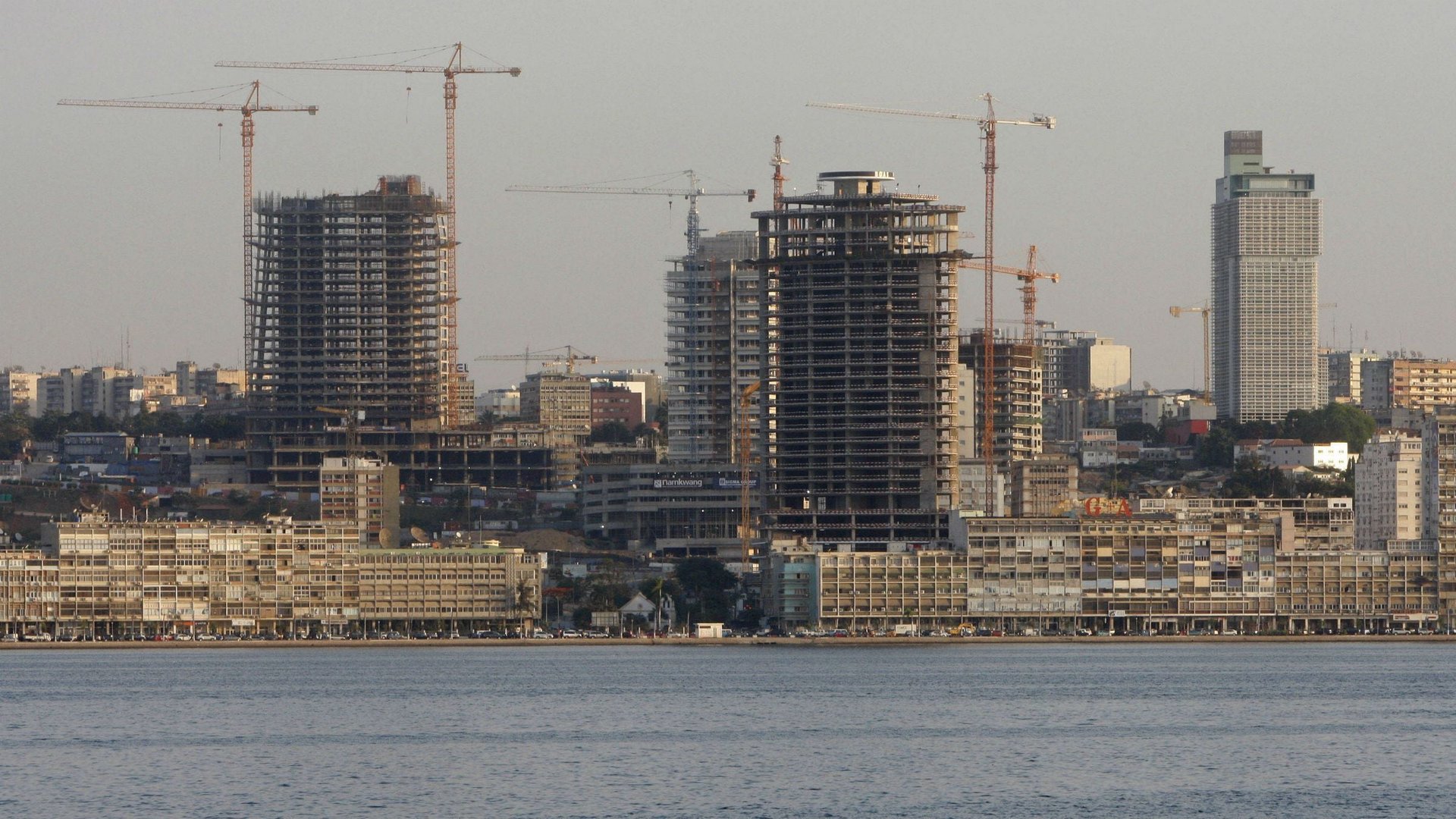Forget London and Hong Kong—the most expensive cities for expats are in Africa
A half-dozen African cities have some of the highest costs of living worldwide for expats.


A half-dozen African cities have some of the highest costs of living worldwide for expats.
Mercer, a human resources consultancy, compared the prices of 200 items from blue jeans to movie tickets to an apartment in a secure area that would appeal to an expat in different cities worldwide. It then calculated the cost of living using New York City (which got pricier and rose from 24th to 16th place since last year) as the baseline.
Luanda, Angola, where the crippling 27-year civil war that ended a decade ago wiped out most of the food production, topped the list. Finding a secure living space meeting western standards in the city is difficult, plus foreigners are bound to rely more on imported goods, which are subject to high taxes. These are, according to Ed Hannibal, Mercer’s mobility practice leader, the reasons why Luanda and other African cities are so pricy.
N’Djamena, Chad, is second in the list, and other African cities that are heavy on a foreigner’s pocket include Kinshasa, Democratic Republic of the Congo, Libreville, Gabon and Lagos, Nigeria. All are in the top 25 most expensive expat cities of the 211 on Mercer’s list.
Amongst other unexpected expensive places to relocate are four Chinese cities—Shanghai, Beijing, Shenzhen and Guangzhou—which made the top 25 because of a strong Yuan and soaring apartment rents, said Hannibal.
Comparing the cost of living in different cities is hardly a science, though according to Mercer’s ranking these are the 10 most expensive cities to end up in:
- Luanda
- N’Djamena
- Hong Kong
- Singapore
- Zurich
- Geneva
- Tokyo
- Bern
- Moscow
- Shanghai
To save some money, it’s a better idea to move to India or Karachi, Pakistan, the least expensive city, where the cost of living is a third of Luanda’s.
This doesn’t mean Africa is entirely off limits: for much less than living in Zurich (number 5) or Seoul (number 14) , one could move to Windhoek, Namibia or enjoy the wonders of Cape Town, South Africa.